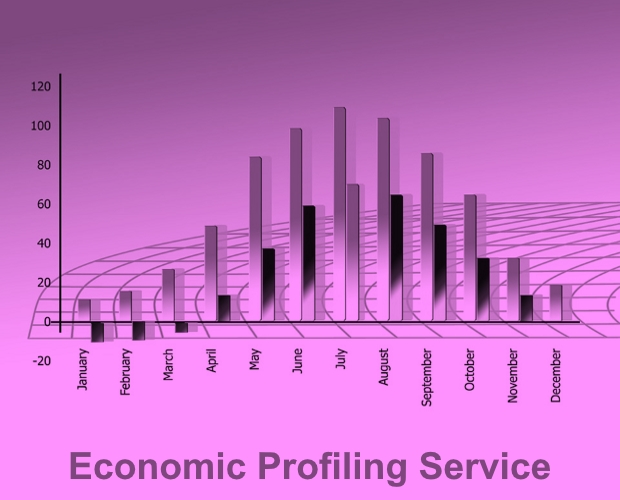T: 01822 851370 E: [email protected]
Visit RSN Survey about life in rural England to find out more.
As detailed in the Local Government Chronicle - Councils can expect a funding settlement covering the next two financial years and are to face greater scrutiny from a new Office for Local Government, the levelling up secretary has announced Speaking...
The RSN is constantly reviewing statistics and policy to ensure rural areas receive their fair share. Recently we have taken a look at hospital discharge times and yet again rural areas are losing out. Examining recently released data on Delayed...
- Unemployment Claimant Flows as an Indicator of Economic Performance JSA claimant flows analysis (Feb 2014) JSA claimants as percentage of working population analysis (Sept 2013)...
Summary of Recycling Performance Recycling Performance Sept 2012...
NEWSLETTER
Sign up to receive all our latest news and updates.
HOT TOPICS
Amid reduced public spending, fair resource allocation across regions is crucial. Despite a population larger than Greater London, rural areas receive significantly less funding for essential services, even though delivering these services in rural areas is more expensive.
Economic growth is widely acknowledged as essential for national wealth and prosperity and is a priority for political parties. Rural economies, employing millions and home to a higher proportion of small businesses, have potential for growth if barriers are removed.
Rural residents face distinct healthcare challenges, including limited access to transport, longer distances to medical facilities, an aging demographic, housing inadequacies, digital connectivity gaps, and difficulties recruiting health and care workers.
Rural communities are grappling with a severe affordable housing crisis, marked by high house prices, a lack of affordable housing, elevated living costs, and lower incomes, threatening their sustainability and vitality.
Transport is vital for the quality of life and economic health of rural areas, yet it faces challenges such as infrequent public bus services and less Government funding compared to urban regions.
Rural areas, encompassing a substantial portion of England's population and land, play a pivotal role in combating climate change and achieving the net zero target.
In an increasingly digital world, the lack of robust digital infrastructure in rural areas severely limits access to crucial services and stifles economic growth.
A future-focused vision for rural communities involves not just building the right homes in the right places but also ensuring thriving, sustainable communities.
SIGN UP TO OUR NEWSLETTER
Sign up to our newsletter to receive all the latest news and updates.







